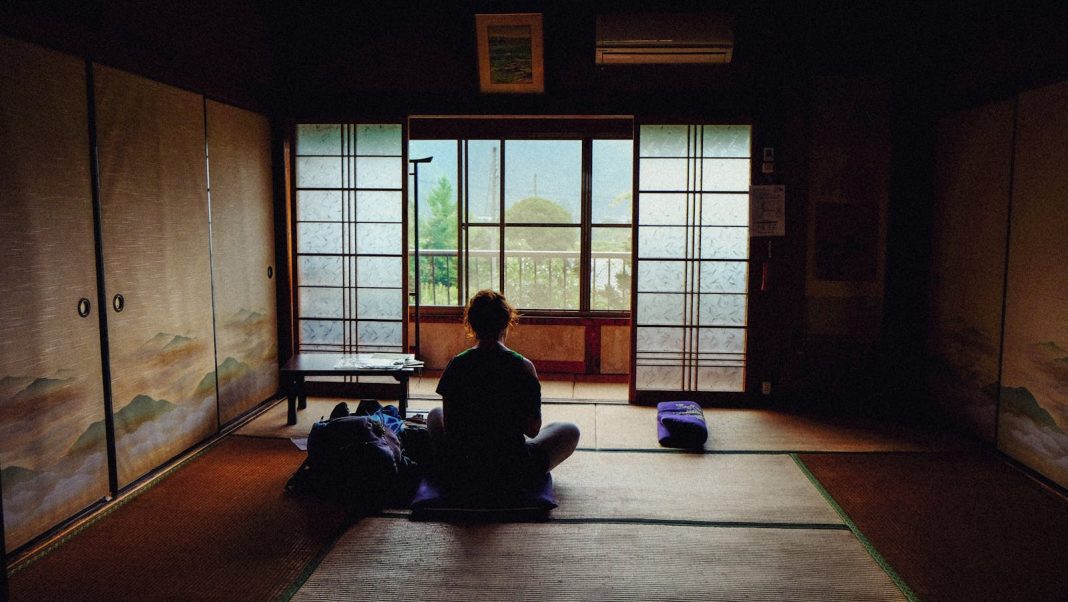Japan has long inspired the world with its simple, intentional way of life. From architecture to fashion, food, and even digital habits, minimalism in Japan is more than an aesthetic—a deeply rooted cultural philosophy. For travelers exploring this unique approach, adopting some elements of minimalism can make for a more meaningful and efficient journey. Whether packing lighter, decluttering your travel routine, or staying digitally connected through an eSIM, embracing simplicity helps travelers focus on what truly matters—experiences, not excess.
Minimalist Travel Begins with Smart Packing
Japanese minimalism starts before the journey does—with thoughtful packing. Many Japanese locals live in compact spaces, which influences their lifestyle to be efficient and clutter-free. Travelers can learn from this by packing what’s essential, choosing versatile clothing, and using compact, well-organized bags. This approach makes it easier to move between cities and simplifies daily routines. With fewer items to manage, there’s more freedom to enjoy the moment. The same principle applies to connectivity—swapping bulky SIM kits for a lightweight, digital Japan travel eSIM keeps tech simple and stress-free.
Small Spaces, Big Intentions
In Japan, space is often limited, but design is intentional. Hotel rooms, cafes, and public transport are optimized for efficiency and calm. Travelers quickly notice the comfort that comes with simplicity—clean lines, uncluttered surfaces, and multifunctional furniture. Experiencing this firsthand can inspire you to adopt similar habits while on the road: keeping your daypack light, storing items in dedicated pouches, or even organizing your digital devices. Using an eSIM aligns perfectly with this mindset—no SIM cards, no physical clutter, just seamless access to data right from your phone.
Effortless Public Transport and Digital Simplicity
Japan’s transport systems are a lesson in minimalist efficiency. Trains run on time, signage is clear, and platforms are intuitively designed. Even payment methods like IC cards (Suica, PASMO) or QR-code scanning reduce the need for paper tickets. Travelers who stay connected via a Japan travel eSIM can easily navigate train apps, check routes in real-time, and top up digital passes on the go. This level of convenience enhances the travel experience while reinforcing the core of Japanese minimalism: doing more with less.
Technology that Serves, Not Distracts
While Japan is known for advanced technology, its use is typically quiet, purposeful, and non-intrusive. Gadgets are designed to support routines, not interrupt them. Travelers can mirror this approach by using digital tools mindfully. Rather than juggling multiple apps and notifications, consider curating a simple set of travel tools—maps, translation apps, transit trackers, and ticketing platforms. With stable internet from a Japan virtual SIM, you can run all these essentials smoothly without overloading your phone or mind. Minimalism in tech is about simplifying your screen time, not eliminating it.
Mindful Consumption in Food and Culture
Japanese meals often emphasize balance, presentation, and moderation. Whether it’s a traditional bento or a kaiseki dinner, portions are thoughtful, flavors are intentional, and waste is minimized. The same goes for shopping and entertainment—there’s a cultural focus on quality over quantity. Travelers can adopt this mindset by prioritizing authentic experiences over souvenirs, supporting local artisans, and enjoying meals slowly. Staying connected through an eSIM helps you research responsibly, find genuine local spots, and avoid tourist traps—all without relying on constant Wi-Fi or expensive roaming plans.
Nature and Minimalism Go Hand in Hand
Japan’s relationship with nature is deeply ingrained in its design and lifestyle. Even in major cities, travelers will notice moments of calm—zen gardens, seasonal flower displays, and peaceful temples tucked between skyscrapers. Minimalism encourages us to slow down and appreciate these quiet moments. Having an eSIM allows travelers to remain unplugged from cluttered Wi-Fi searches and focus instead on the serenity around them. You can download walking guides, find peaceful parks, or learn about local traditions while staying present in each experience.
Letting Go of Travel Stress
At its core, Japanese minimalism is about letting go of excess, distractions, and unnecessary stress. This applies beautifully to travel. Trying to do too much in one trip often leads to fatigue rather than fulfillment. Simplify your schedule, embrace slow travel, and allow for spontaneity. Digital simplicity plays a big role here, too. A digital SIM in Japan helps reduce travel friction, whether you’re navigating Kyoto’s narrow alleys or catching a last-minute bus in Hokkaido. With your connection secure, you can let go of logistical worries and focus on the richness of your surroundings.
Final Thoughts
Japan’s minimalist lifestyle offers travelers more than just a clean design aesthetic—it invites a mindset shift. Every element encourages living with clarity and purpose, from compact packing to intentional movement and digital simplicity. Using a Japan travel eSIM complements this philosophy by cutting down on travel clutter and boosting connectivity exactly when needed. The less time you spend managing logistics, the more you can invest in cultural experiences, scenic moments, and self-discovery. Japan quietly reminds us that less is enough in a world that often encourages more.








